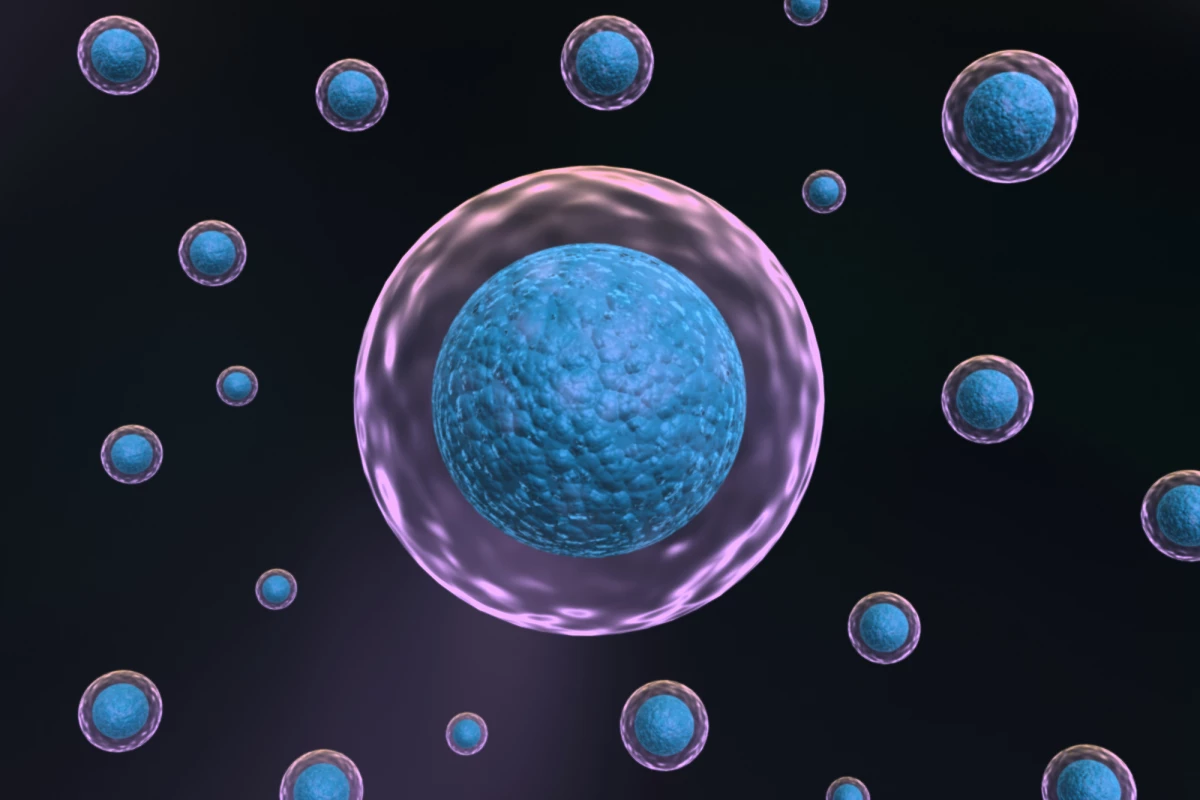One of the especially promising therapies to appear in the realm of anti-aging research involves a set of molecules known as Yamanaka factors, which scientists have deployed to rejuvenate aging cells, trigger muscle regeneration and tackle glaucoma. New research at the Salk Institute has sought to build on these short-term and specific use cases by demonstrating how these molecules can reverse signs of aging in middle-aged and elderly mice, with no evidence of health problems following the extended treatment.
The Yamanaka factors at the center of this study are a set of four reprogramming molecules that can reset the molecular clock found in the cells of the body. They do so by returning unique patterns of chemicals known as epigenetic markers, which evolve through aging, to their original states.
This approach has been used to convert adult cells back into stem cells, that can then differentiate into different cell types. The Salk Institute team has previously used the approach to reverse signs of aging in mice with a premature aging disease, and improve the function of tissues found in the heart and brain. Separately, Stanford University scientists last year used the technique to give elderly mice the muscle strength of younger mice.
The purpose of the new study was to investigate the effects on healthy animals as they approached the latter stages of life, to ascertain not just whether the approach conferred anti-aging benefits, but also whether it brought on any adverse health effects.
Middle-aged mice from 15 through to 22 months old, equivalent to 50 to 70 years old in humans, were injected with the Yamanaka factors, while another group was treated from 12 to 22 months, equal to 35 to 70 years of age. Another group received the molecules for just one month, at the age of 25 months, or 80 years old in human terms.
“What we really wanted to establish was that using this approach for a longer time span is safe,” said Pradeep Reddy, a Salk staff scientist and co-first author of the new paper. “Indeed, we did not see any negative effects on the health, behavior or body weight of these animals.”
Not only did the mice exhibit no neurological or blood cell changes, nor signs of cancers, they in many ways resembled more youthful animals. Epigenetic patterns typical of younger mice were observed in the kidneys and skin, while the skin cells were able to proliferate and minimize scarring following injury, a capability that typically declines with age. Metabolic molecules in the blood, meanwhile, did not show the typical age-related changes.
These effects were seen in the mice treated for both seven and 10 months, but not the elderly group treated for a single month. The scientists also analyzed the mice partway through the regime, and interestingly, these effects were yet to properly take hold, leading them to conclude that "duration of the treatment determined the extent of the beneficial effects."
“We are elated that we can use this approach across the life span to slow down aging in normal animals," said co-corresponding author Juan Carlos Izpisua Belmonte. "The technique is both safe and effective in mice. In addition to tackling age-related diseases, this approach may provide the biomedical community with a new tool to restore tissue and organismal health by improving cell function and resilience in different disease situations, such as neurodegenerative diseases.”
From here, the scientists plan to investigate the influence the Yamanaka factors might have on specific molecules and genes, and develop new ways to deliver them. They also intend to study how long the effects of the therapy last.
“At the end of the day, we want to bring resilience and function back to older cells so that they are more resistant to stress, injury and disease,” said Reddy. “This study shows that, at least in mice, there’s a path forward to achieving that.”
The study was published in the journal Nature Aging, while the video below provides and overview of the research.
Source: Salk Institute




